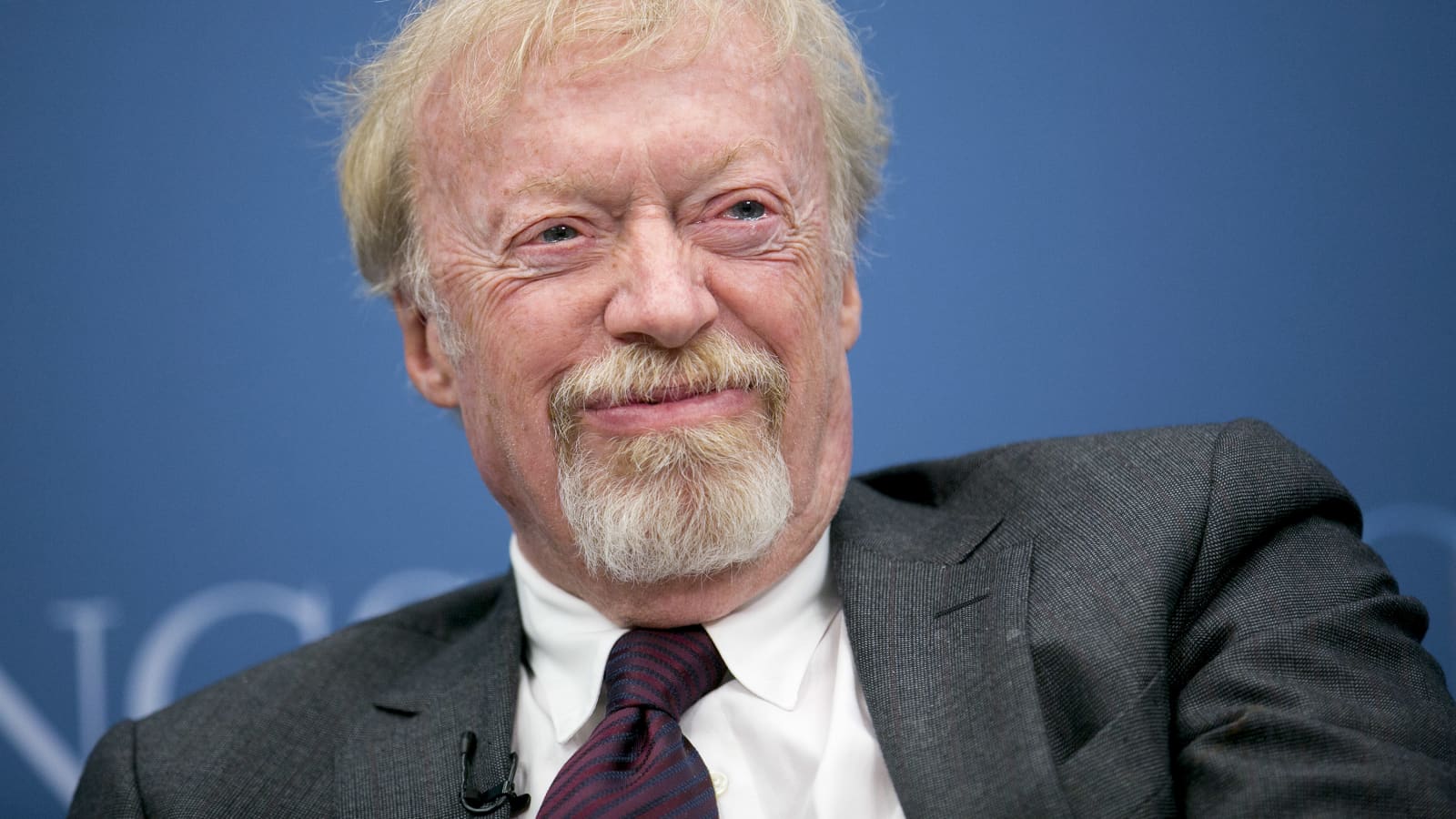- Home
- Billionaires
- Investing Newsletters
- 193CC 1000
- Article Layout 2
- Article Layout 3
- Article Layout 4
- Article Layout 5
- Article Layout 6
- Article Layout 7
- Article Layout 8
- Article Layout 9
- Article Layout 10
- Article Layout 11
- Article Layout 12
- Article Layout 13
- Article Layout 14
- Article Sidebar
- Post Format
- pages
- Archive Layouts
- Post Gallery
- Post Video Background
- Post Review
- Sponsored Post
- Leadership
- Business
- Money
- Small Business
- Innovation
- Shop
Recent Posts
Phil Knight & Family: The Legacy Behind the Swoosh

Phil Knight, the co-founder and longtime face of Nike Inc., is one of the most influential figures in the history of sportswear and global business. His story is not just about business acumen or entrepreneurship, but also about resilience, innovation, and an enduring family legacy. From humble beginnings to building a multi-billion-dollar empire, Knight’s life journey is one of determination, bold decisions, and an unwavering commitment to a vision that redefined athletic footwear and apparel.
Born on February 24, 1938, in Portland, Oregon, Philip Hampson Knight grew up in a modest household. His father, William W. Knight, was a lawyer and later a newspaper publisher. Phil was deeply influenced by his father’s disciplined approach to life, though the two did not always see eye to eye. After graduating from Cleveland High School, Knight attended the University of Oregon, where he ran track under legendary coach Bill Bowerman. This relationship would later become a cornerstone of the Nike story.
Knight earned a degree in journalism but found his true calling in business. After completing an MBA at Stanford Graduate School of Business, he wrote a paper that proposed outsourcing the manufacturing of high-quality running shoes to Japan to compete with German brands that then dominated the market. This idea laid the foundation for what would eventually become Nike. In 1964, Knight partnered with Bowerman to create Blue Ribbon Sports, the precursor to Nike. Initially, they distributed Japanese-made running shoes under the Onitsuka Tiger brand.
Operating from the trunk of his car, Knight sold shoes at track meets and slowly built a loyal customer base. By 1971, as the relationship with Onitsuka was deteriorating, Knight and his team decided to launch their own brand. The name “Nike,” derived from the Greek goddess of victory, was suggested by Jeff Johnson, one of Knight’s first employees. The now-iconic Swoosh logo, designed by a graphic design student for just $35, was chosen to symbolize movement and speed. These humble beginnings marked the birth of what would become one of the most recognizable brands in the world.
Knight’s leadership was characterized by bold choices and a relentless pursuit of excellence. He was never one for the spotlight but made critical decisions behind the scenes that helped Nike grow at an exponential pace. From pioneering athlete endorsements with stars like Michael Jordan to innovative marketing strategies that broke traditional molds, Knight’s intuition consistently propelled the company forward. The “Just Do It” campaign and Air Jordan brand transformed Nike from a shoe company into a cultural icon.
His journey wasn’t without setbacks. Nike faced intense competition, legal battles, and manufacturing controversies. But through it all, Knight remained focused on his vision. His ability to adapt, coupled with a deep understanding of consumer behavior and branding, helped Nike become a global powerhouse. By the time Knight stepped down as chairman in 2016, Nike had become a $30+ billion company, employing tens of thousands and operating in over 190 countries.
While Phil Knight’s business accomplishments are monumental, his personal life and values have also played a significant role in shaping his legacy. He married his wife, Penny Parks, in 1968, and the couple had two sons, Matthew and Travis. Knight has often emphasized the importance of family in his life. However, he also experienced profound personal tragedy. In 2004, his son Matthew died in a scuba diving accident in El Salvador, a loss that deeply affected him. The grief profoundly influenced his later years and philanthropic activities.
Knight’s philanthropic footprint is vast, particularly in Oregon. He has donated hundreds of millions to institutions like the University of Oregon and Oregon Health & Science University. His contributions have supported everything from athletics to cancer research and the arts. In particular, his donations to the University of Oregon’s athletic program have been instrumental in transforming it into a national powerhouse. Through these acts, Knight has ensured that his success serves a broader social purpose, extending his influence well beyond the business world.
Though he officially retired from Nike’s board in 2016, Phil Knight’s presence remains ever-present in the company’s DNA. His autobiography, Shoe Dog, published in 2016, offered an intimate glimpse into his personal and professional life. The book was met with critical acclaim for its candid, vulnerable, and honest storytelling. It captured not only the highs of creating an empire but also the emotional and psychological toll such a journey can exact.
The Knight family has continued to play a role in both Nike and broader philanthropic circles. Travis Knight, Phil’s surviving son, took a different path. He became a film director and CEO of the animation studio Laika, known for movies like Kubo and the Two Strings. Although not directly involved in Nike, Travis shares his father’s entrepreneurial spirit and creative drive, maintaining the family’s legacy of excellence in a different arena.
Phil Knight’s life and the family he built around him have become symbolic of the American dream—a vision realized through innovation, risk-taking, and relentless work. His contributions to business, sports, and philanthropy have left an indelible mark on the world. Despite challenges and personal losses, Knight has remained grounded, often crediting the team around him for Nike’s success rather than claiming sole credit.
Even as the landscape of global commerce changes, Knight’s story remains an essential case study for entrepreneurs and business leaders. He has shown that success is rarely linear, that bold ideas matter, and that belief in one’s vision can change the world. Phil Knight’s legacy is not just about shoes or profits; it is about a mindset—a belief in pushing boundaries, in striving for greatness, and in doing it all with integrity and purpose.
- Air Jordan
- American businessman
- athletic footwear
- Bill Bowerman
- Blue Ribbon Sports
- Brand Building
- business icon
- business leader
- Corporate success
- Entrepreneur
- Entrepreneurship
- Family Legacy
- fatherhood
- Global Business
- Iconic Brands
- Innovation
- Just Do It
- Laika
- Leadership
- Matthew Knight
- Michael Jordan
- Nike
- Nike athletes
- Nike brand
- Nike campaigns
- Nike co-founder
- Nike culture
- Nike empire
- Nike evolution
- Nike expansion
- Nike founder
- Nike history
- Nike journey
- Nike legacy
- Nike logo
- Nike marketing
- Nike story
- Nike success
- Nike Swoosh
- Oregon
- Penny Knight
- personal tragedy
- Phil Knight
- Philanthropy
- Shoe Dog
- sneaker culture
- sports branding
- sports marketing
- sportswear
- Travis Knight
- University of Oregon
Recent Posts
Categories
- 193 Countries Consortium Partner1
- 193cc Digital Assets2
- 5G1
- Aerospace & Defense48
- AI37
- Arts3
- Banking & Insurance11
- Big Data3
- Billionaires1,506
- Boats & Planes1
- Business332
- Careers13
- Cars & Bikes79
- CEO Network1
- CFO Network17
- CHRO Network1
- CIO Network1
- Cloud10
- CMO Network18
- Commercial Real Estate7
- Consultant1
- Consumer Tech194
- CxO1
- Cybersecurity73
- Dining1
- Diversity, Equity & Inclusion4
- Education7
- Energy8
- Enterprise Tech29
- Events11
- Fintech1
- Food & Drink2
- Franchises1
- Freelance1
- Future Of Work2
- Games149
- GIG1
- Healthcare79
- Hollywood & Entertainment203
- Houses1
- India’s 1000 Richest1
- Innovation46
- Investing2
- Investing Newsletters4
- Leadership65
- Lifestyle11
- Manufacturing1
- Markets20
- Media327
- Mobile phone1
- Money13
- Personal Finance2
- Policy569
- Real Estate1
- Research6
- Retail1
- Retirement1
- Small Business1
- SportsMoney42
- Style & Beauty1
- Success Income1
- Taxes2
- Travel10
- Uncategorized15
- Vices1
- Watches & Jewelry2
- world's billionaires1,475
- Worlds Richest Self-Made Women2
Related Articles
Francis Choi: The Toy Tycoon Behind a Billion-Dollar Empire
Francis Choi Chee-ming, often referred to as Hong Kong’s “King of Toys,”...
By 193cc World's BillionairesJune 6, 2025Francine von Finck and the Legacy of a Discreet Fortune
Francine von Finck, a name that commands respect in elite business circles,...
By 193cc World's BillionairesJune 6, 2025The Life and Legacy of Stefano Pessina
Stefano Pessina, one of the most influential figures in the global pharmaceutical...
By 193cc World's BillionairesJune 6, 2025John Morris: A Life of Vision, Growth, and Legacy
John Morris, the founder of Bass Pro Shops, is an iconic figure...
By 193cc World's BillionairesJune 6, 2025















Leave a comment